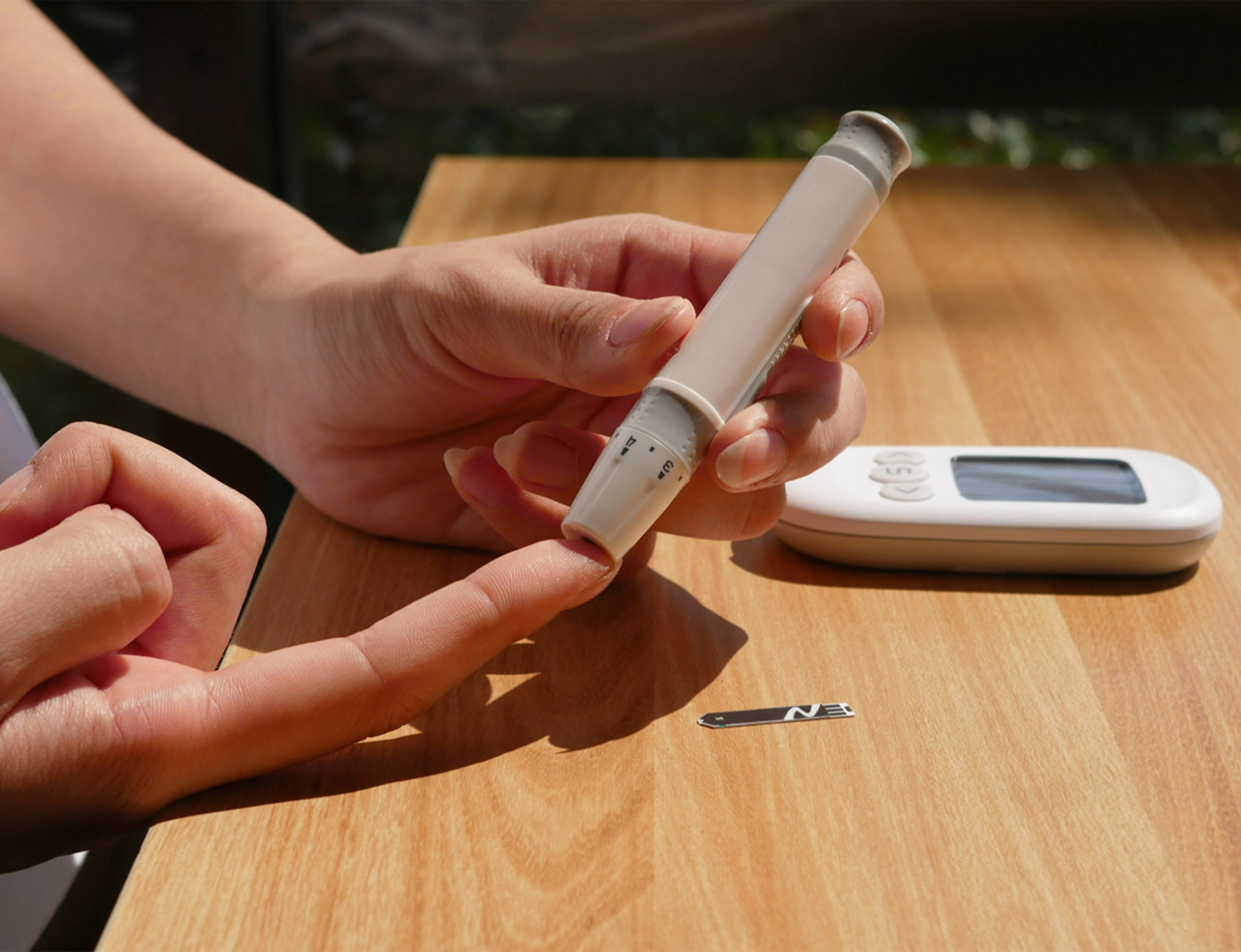When it comes to medical terms, the names can often sound similar and confusing. Two such terms are hypotension and hypoglycemia. While they may sound alike, they refer to very different conditions.
In this article, we will explore the differences between hypotension and hypoglycemia, their causes, symptoms, diagnosis, and treatments.
Hypotension: Understanding Low Blood Pressure
Hypotension, commonly known as low blood pressure, occurs when the force of blood against the walls of the arteries is too low. This can lead to inadequate blood flow to vital organs, resulting in various symptoms.
There are different types and causes of hypotension, but the most common ones include:.
1. Orthostatic Hypotension
Orthostatic hypotension is a sudden drop in blood pressure that occurs when a person stands up from a sitting or lying position. This type of hypotension often causes dizziness, lightheadedness, and may result in fainting.
2. Neurally Mediated Hypotension
Neurally mediated hypotension occurs when there is an abnormal response by the nervous system in regulating blood pressure, particularly during prolonged standing. This can cause symptoms similar to orthostatic hypotension.
3. Severe Hypotension
Severe hypotension is a potentially life-threatening condition where blood pressure drops significantly and rapidly. It often requires immediate medical attention and can result from severe infections, allergic reactions, or internal bleeding.
Hypotension Symptoms
The symptoms of hypotension can vary depending on the cause and severity of the condition. Common symptoms include:.
1. Dizziness and Lightheadedness
Feeling lightheaded or dizzy, especially when standing up, is a classic symptom of hypotension.
2. Fainting
In some cases, low blood pressure can cause a person to faint or lose consciousness. This is due to inadequate blood flow to the brain.
3. Fatigue and Weakness
Hypotension can result in feelings of fatigue and weakness, as the body may not be receiving enough oxygen and nutrients.
Diagnosing and Treating Hypotension
Diagnosing hypotension often involves evaluating a person’s symptoms, measuring their blood pressure in different positions, and conducting additional tests if necessary. Treatment options depend on the underlying cause and may include:.
1. Lifestyle Changes
For mild cases of hypotension, simple lifestyle modifications such as increasing fluid and salt intake, standing up slowly, and avoiding prolonged standing can help alleviate symptoms.
2. Medications
In some cases, medications that raise blood pressure may be prescribed. These can include fludrocortisone, midodrine, or others, depending on the specific circumstances.
Hypoglycemia: Understanding Low Blood Sugar
Hypoglycemia refers to low blood sugar levels, typically below 70 mg/dL. This condition is usually associated with diabetes, particularly for those who use insulin or certain oral medications to manage their blood sugar levels.
Hypoglycemia can occur if too much insulin is administered, if meals are skipped, or with excessive physical activity.
Hypoglycemia Symptoms
When blood sugar levels drop, the body reacts to regain balance. Common symptoms of hypoglycemia include:.
1. Shakiness and Tremors
Feeling shaky or experiencing uncontrolled trembling can be a sign of low blood sugar.
2. Sweating
Profuse sweating without any apparent cause can occur during episodes of hypoglycemia.
3. Confusion and Irritability
Hypoglycemia can affect cognitive function, leading to confusion, irritability, or difficulty concentrating.
Diagnosing and Treating Hypoglycemia
If hypoglycemia is suspected, a blood sugar test can confirm the diagnosis. Treatment options for hypoglycemia include:.
1. Consuming Sugary Foods or Drinks
Consume a form of fast-acting carbohydrate, such as a fruit juice or glucose tablets, to quickly raise blood sugar levels.
2. Adjusting Diabetes Medications
If hypoglycemia is a recurring issue, adjusting insulin or medication dosage, timing, or the overall diabetes management plan may be necessary.
Conclusion
In summary, while hypotension and hypoglycemia may sound similar, they are distinct conditions with different causes and symptoms.
Hypotension refers to low blood pressure, which can cause dizziness, fainting, and weakness, whereas hypoglycemia relates to low blood sugar levels and can result in shakiness, confusion, and irritability. Proper diagnosis by a healthcare professional is crucial, as accurate identification leads to effective treatment and management of these conditions.





























